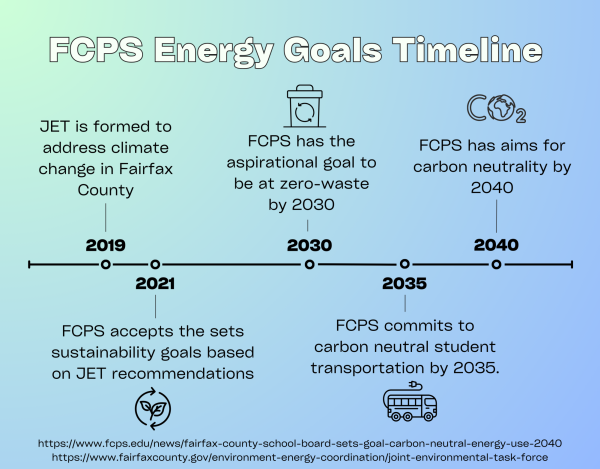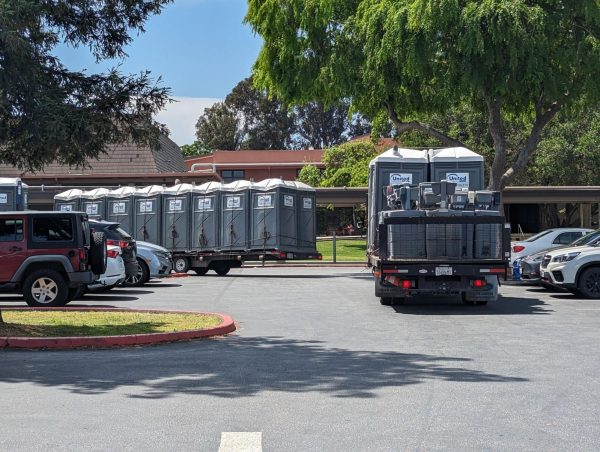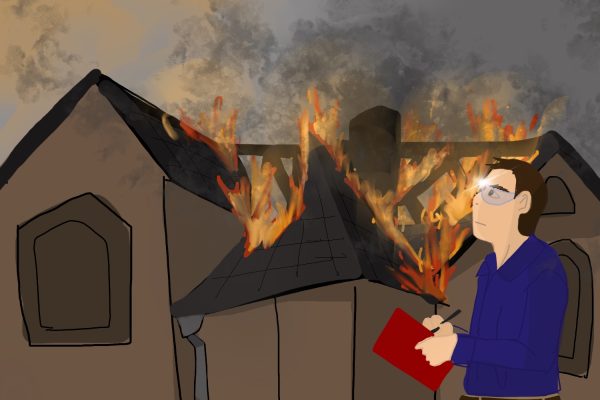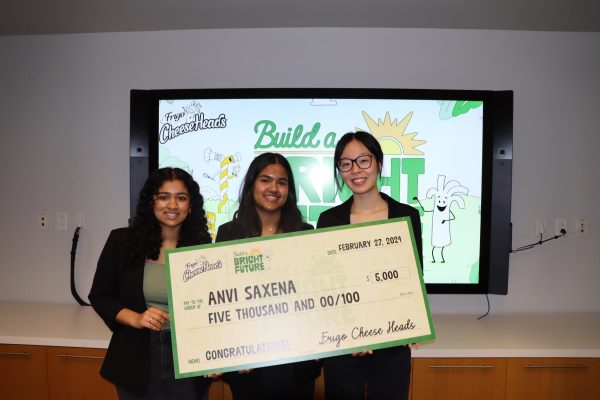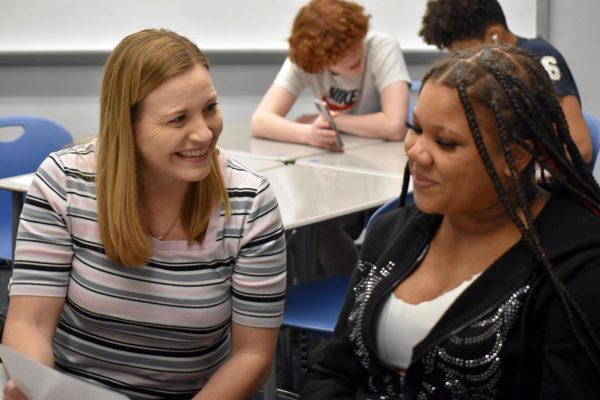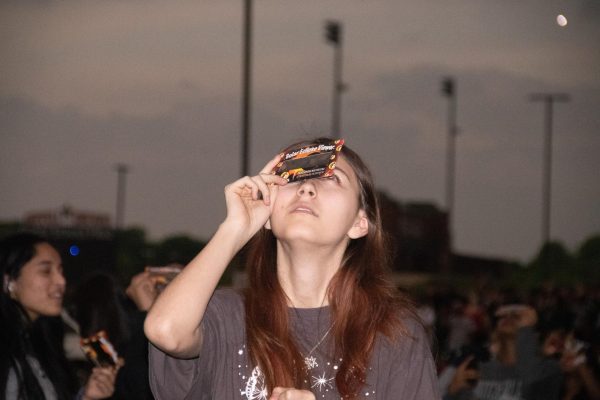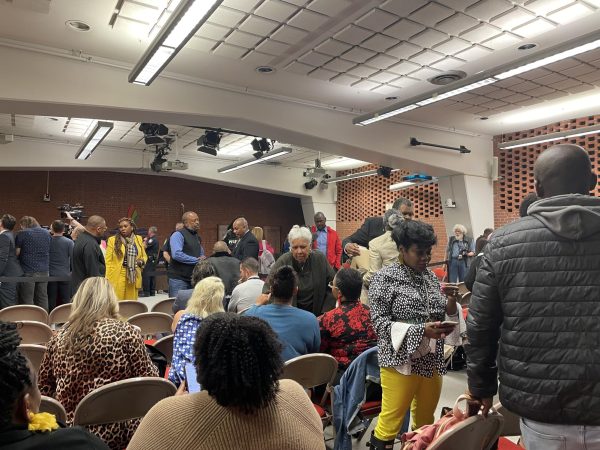Discussion Sparks Awareness of Racism in Franklin
Video Credit to James Fredrick on Youtube
February 25, 2021
For anybody who hasn’t already seen Jame’s Fredrick’s video “A Roundtable Discussion of Racism in Franklin,” it’s definitely worth a watch.
The video documents a discussion organized by Diversity Awareness Club President Ndoumbe Ndoye and Town Council Member Cobi Frongillo, where many FHS students of color met together to share their experiences growing up in predominantly white Franklin.
Students recounted times when they had been insulted or felt unwelcome in their community because of the color of their skin.
Students have experienced both overt racism, such as use of racial slurs and hate speech, and more casual and ingrained racism.
“As a recent Franklin student, I know how much we normalized jokes about race,” says Council Member Frongillo. “Not only does that create an environment ripe for more overt expressions of hate, our friends and neighbors of color actually start to internalize the racism or start to hide themselves when they hear the same stereotypes over and over.”
While jokes and comments about race might seem small to white students, they have affected FHS students of color much more. In the video, students shared stories about wanting white features because they equated whiteness with being pretty, and feeling insecure about their hair or skin.
“Racism exists even in our backyard,” says Kianna Thomas, an FHS junior who spoke at the Roundtable discussion and the Kneel for Nine event for Black Lives Matter at the Franklin Common in May.
“Racism can be you thinking that someone doesn’t belong in a place like Franklin, or saying someone would look better with straight hair and lighter skin, et cetera. In fact, it is those microaggressions that cut the deepest.”
Despite the presence of racism in Franklin, however, many students feel that the topic is ignored by the town’s residents. Thomas recalls feeling that the discussion about race in Franklin stopped altogether after the Kneel for Nine event in May.
The roundtable discussion at the Common was important to her because it created a welcoming environment to reopen the conversation.
Attendees of the roundtable hope that awareness raised by the video will create change in the Franklin community. Thomas hopes to see more history classes at FHS taught about people of color, instead of focusing mainly on White European history.
While white students are probably taught about their history as part of the core curriculum, students of color have to learn outside of school on their own time.
Thomas says, “In the video, one of the speakers talked about how they were ashamed of their Haitian culture which is something that I was able to relate to as well. I truly believe that a lot of POC feel the same shame for their cultures simply because they aren’t included in our history courses.”
Offering courses to teach about different cultures for BIPOC could go a long way towards making minority students at FHS feel more welcome and understood by their white peers. The school system has recently established a Diversity, Equity, and Inclusion Committee to attempt to increase diversity in the curriculum.
Town Council Member Cobi Frongillo also has plans to enact change in Franklin’s racial relations, hoping to improve Franklin’s response, education, representation, and conversation.
To improve Franklin’s response to racism, Frongillo has joined police, counselors and school leaders in the newly formed Franklin Freedom Team to address instances of hate and racism.
To increase representation in Franklin legislation, coalitions are being formed to help more women, people of color, and LGBTQ+ people run for office, and Frongillo also plans to help committees examine hiring practices in Franklin communities.
Conversation is an area where FHS students can be part of the fight against racism, by listening to the problems voiced by students of color and joining the conversation with their own ideas to help make Franklin a more welcoming community.
“When people deny the existence of racism in an area, it only silences the voices of those who are impacted by racism,” says Thomas. “ I hope viewers are able to listen and reflect on how they can be actively anti-racist in order to create a safe community for everyone.”
This story was originally published on Pantherbook on February 23, 2021.

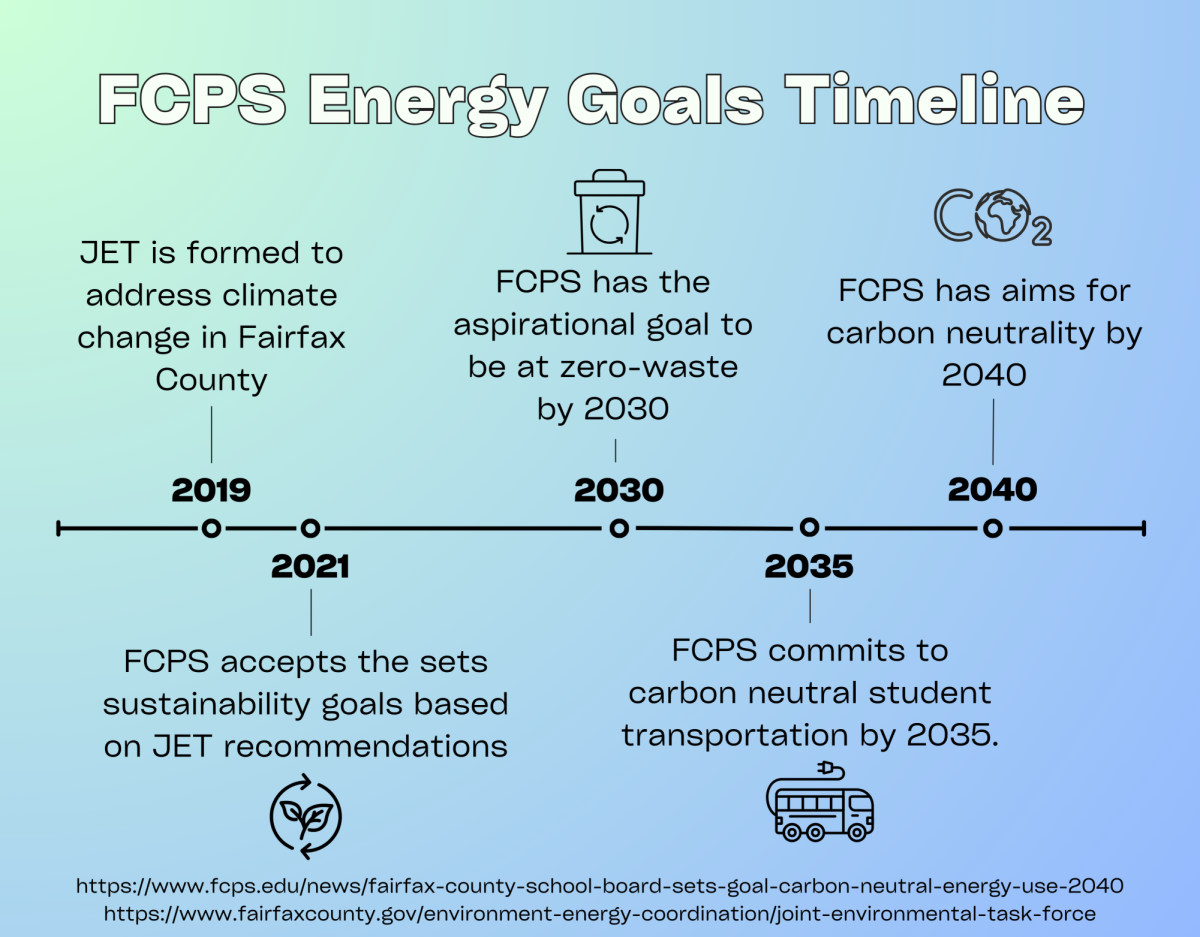






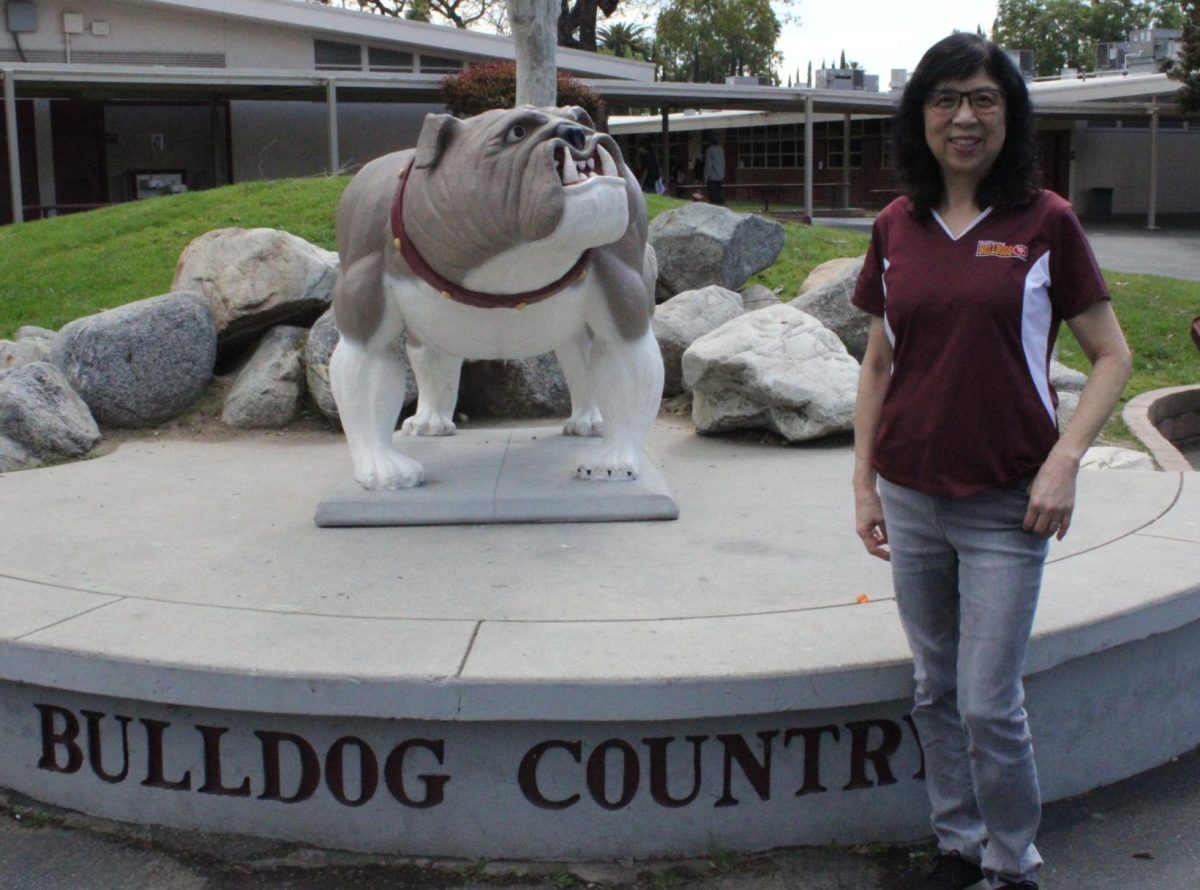


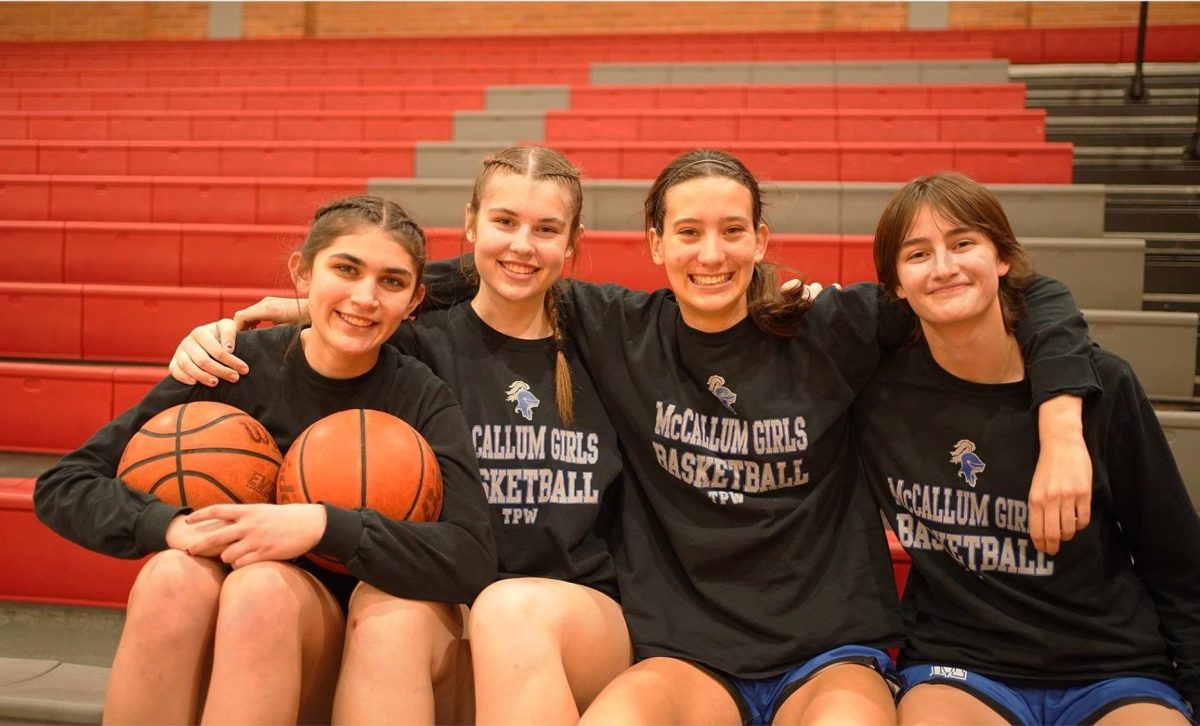


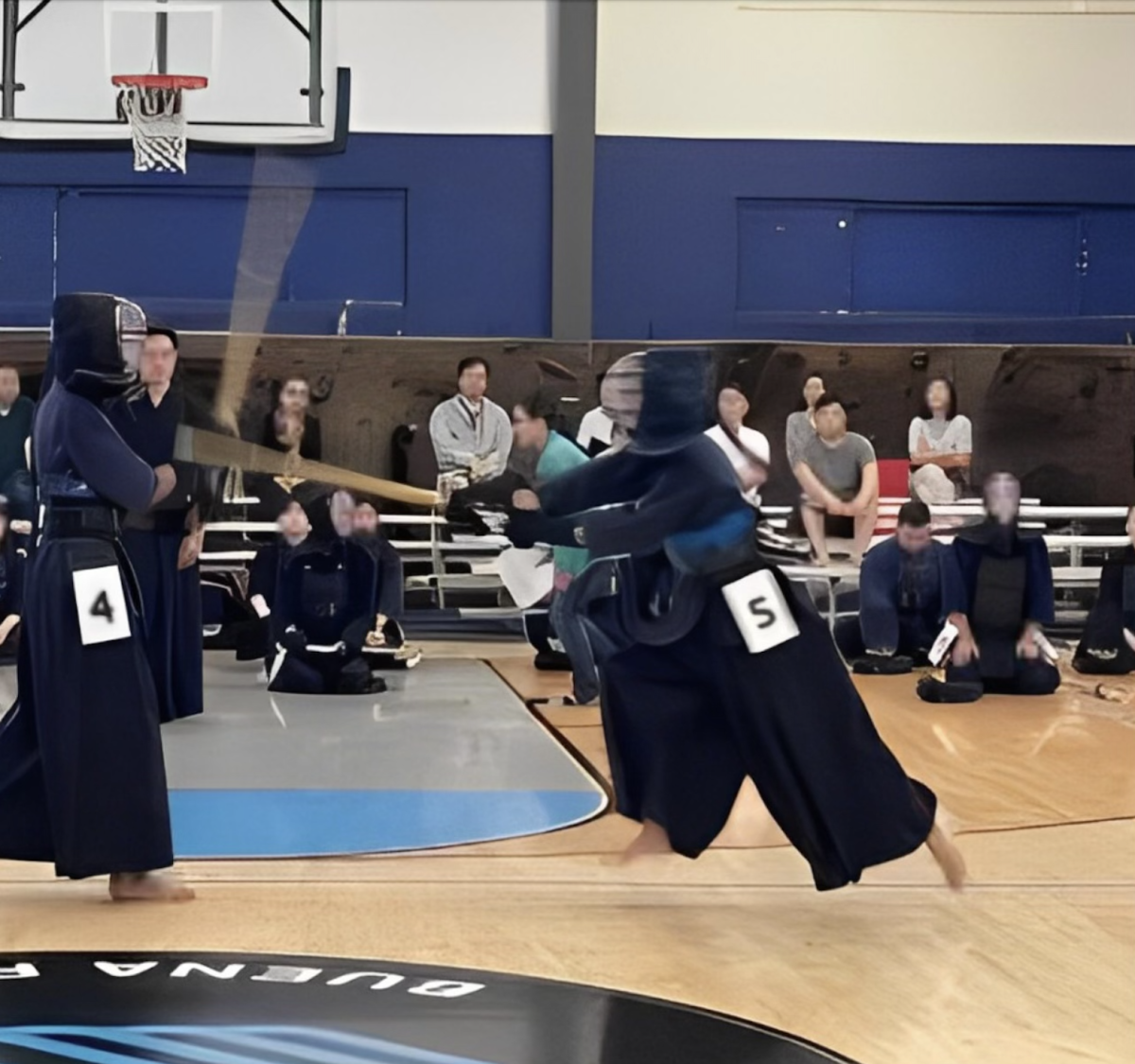
















![IN THE SPOTLIGHT: Junior Zalie Mann performs “I Love to Cry at Weddings,” an ensemble piece from the fall musical Sweet Charity, to prospective students during the Fine Arts Showcase on Wednesday, Nov. 8. The showcase is a compilation of performances and demonstrations from each fine arts strand offered at McCallum. This show is put on so that prospective students can see if they are interested in joining an academy or major.
Sweet Charity originally ran the weekends of Sept. 28 and Oct. 8, but made a comeback for the Fine Arts Showcase.
“[Being at the front in the spotlight] is my favorite part of the whole dance, so I was super happy to be on stage performing and smiling at the audience,” Mann said.
Mann performed in both the musical theatre performance and dance excerpt “Ethereal,” a contemporary piece choreographed by the new dance director Terrance Carson, in the showcase. With also being a dance ambassador, Mann got to talk about what MAC dance is, her experience and answer any questions the aspiring arts majors and their parents may have.
Caption by Maya Tackett.](https://bestofsno.com/wp-content/uploads/2024/02/53321803427_47cd17fe70_o-1-1200x800.jpg)
![SPREADING THE JOY: Sophomore Chim Becker poses with sophomores Cozbi Sims and Lou Davidson while manning a table at the Hispanic Heritage treat day during lunch of Sept 28. Becker is a part of the students of color alliance, who put together the activity to raise money for their club.
“It [the stand] was really fun because McCallum has a lot of latino kids,” Becker said. “And I think it was nice that I could share the stuff that I usually just have at home with people who have never tried it before.”
Becker recognizes the importance of celebrating Hispanic heritage at Mac.
“I think its important to celebrate,” Becker said. “Because our culture is awesome and super cool, and everybody should be able to learn about other cultures of the world.”
Caption by JoJo Barnard.](https://bestofsno.com/wp-content/uploads/2024/01/53221601352_4127a81c41_o-1200x675.jpg)




